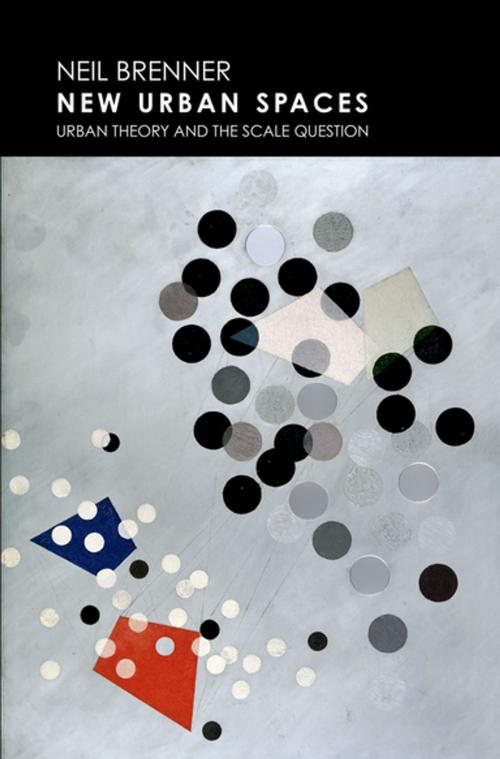New Urban Spaces
Urban Theory and the Scale Question
Nonfiction, Social & Cultural Studies, Political Science, Government, Public Policy, Social Science, Anthropology| Author: | Neil Brenner | ISBN: | 9780190627225 |
| Publisher: | Oxford University Press | Publication: | May 24, 2019 |
| Imprint: | Oxford University Press | Language: | English |
| Author: | Neil Brenner |
| ISBN: | 9780190627225 |
| Publisher: | Oxford University Press |
| Publication: | May 24, 2019 |
| Imprint: | Oxford University Press |
| Language: | English |
The urban condition is today being radically transformed. Urban restructuring is accelerating, new urban spaces are being consolidated, and new forms of urbanization are crystallizing. In New Urban Spaces, Neil Brenner argues that understanding these mutations of urban life requires not only concrete research, but new theories of urbanization. To this end, Brenner proposes an approach that breaks with inherited conceptions of the urban as a bounded settlement unit-the city or the metropolis-and explores the multiscalar constitution and periodic rescaling of the capitalist urban fabric. Drawing on critical geopolitical economy and spatialized approaches to state theory, Brenner offers a paradigmatic account of how rescaling processes are transforming inherited formations of urban space and their variegated consequences for emergent patterns and pathways of urbanization. The book also advances an understanding of critical urban theory as radically revisable: key urban concepts must be continually reinvented in relation to the relentlessly mutating worlds of urbanization they aspire to illuminate.
The urban condition is today being radically transformed. Urban restructuring is accelerating, new urban spaces are being consolidated, and new forms of urbanization are crystallizing. In New Urban Spaces, Neil Brenner argues that understanding these mutations of urban life requires not only concrete research, but new theories of urbanization. To this end, Brenner proposes an approach that breaks with inherited conceptions of the urban as a bounded settlement unit-the city or the metropolis-and explores the multiscalar constitution and periodic rescaling of the capitalist urban fabric. Drawing on critical geopolitical economy and spatialized approaches to state theory, Brenner offers a paradigmatic account of how rescaling processes are transforming inherited formations of urban space and their variegated consequences for emergent patterns and pathways of urbanization. The book also advances an understanding of critical urban theory as radically revisable: key urban concepts must be continually reinvented in relation to the relentlessly mutating worlds of urbanization they aspire to illuminate.















